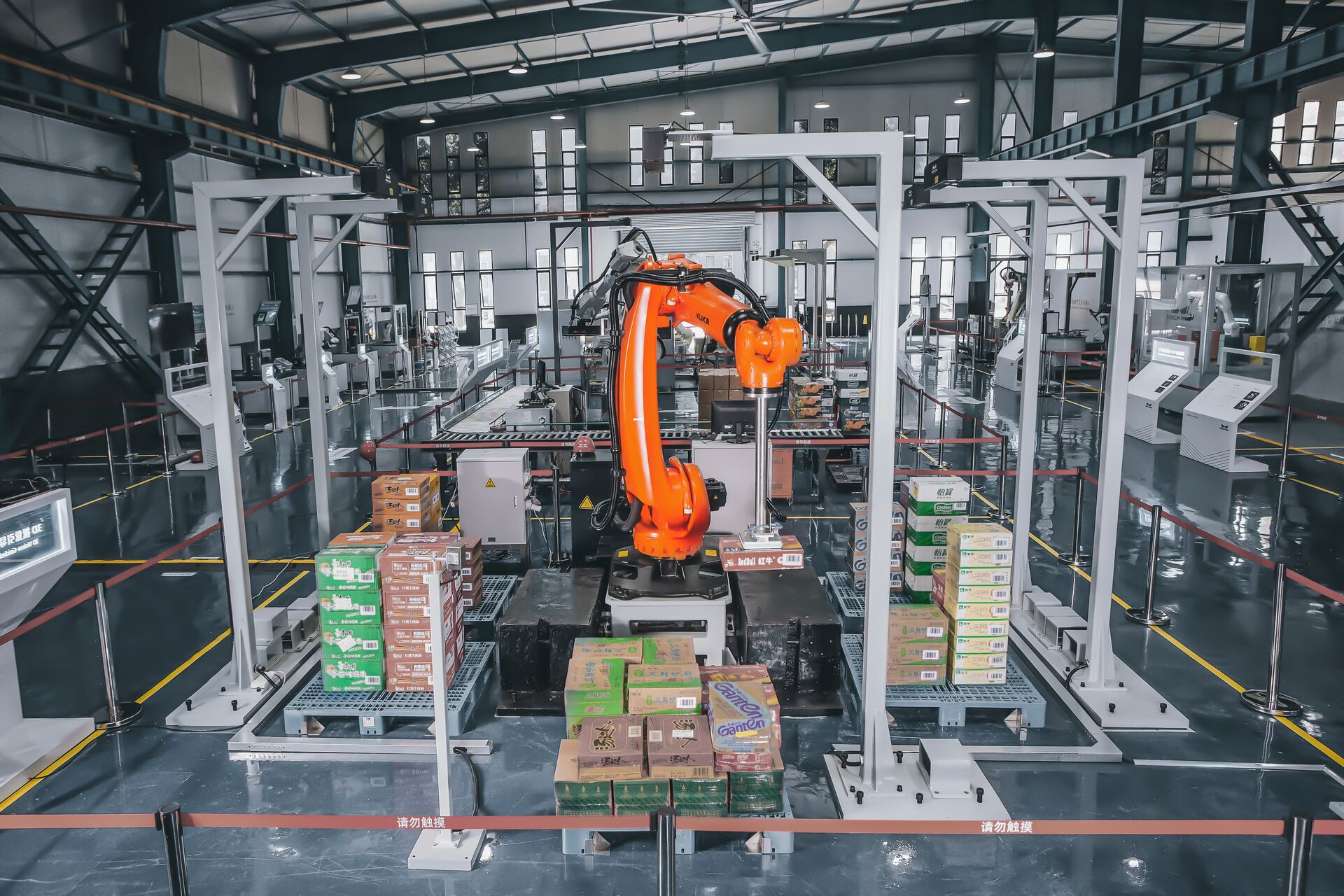
Why Is a Sustainable Manufacturing Process Important?
We are reader-supported. When you buy through links on our site, we may earn affiliate commission.
With climate change being a pressing issue, more people have started to look for ways to reduce their overall carbon footprints. They make more sustainable life choices and consider their impact on the environment. In recent years, businesses have started to do the same.
Some businesses have even moved away from single-use plastic and have instead implemented bamboo as a suitable replacement. In the past, the focus was to keep costs low and decrease time to market. However, with the shift in consumer habits and the effects of climate change, many businesses have switched to more sustainable practices that consider the environment’s longevity.
What Is a Sustainable Manufacturing Process?
A sustainable manufacturing process is the process of creating goods that focus on reducing its negative impact on the environment. Its focal point is to burn less fossil fuels and instead use renewable energy sources. Power consumption is a significant contributor to the amount of fossil fuels being burned.
In basic terms, the more power machinery uses, the more fossil fuels are burned. For this reason, organizations have started implementing green software engineering — software designed with specific factors in mind to keep power consumption low. Green software can also be a valuable tool to help companies obtain a more sustainable manufacturing process.
Another primary focus of a sustainable manufacturing process is to reduce waste. This is why we see businesses utilizing the lean manufacturing principles — principles that help a company be more efficient and reduce or eliminate waste. Here are a few factors a sustainable manufacturing process implements.
- Environmental impact: Reduces its overall negative impact on the environment. Decreases carbon emissions and prioritizes power consumption. A sustainable manufacturing process also considers the product’s impact on the environment.
- Waste control: Sustainable manufacturing reduces the amount of waste produced and implements principles to help reach this goal. It also looks at recycling and reusing materials as alternative options.
- Power consumption: Lowers the amount of power consumption and implements green software that reduces the power consumption of machinery. A sustainable manufacturing process also relies on renewable energy sources to operate.
- Manufacturing costs: Keeps the manufacturing costs low. Sustainable manufacturing focuses on reducing its overall environmental impact while keeping costs as low as possible to propel the business forward.
- Safe manufacturing process: Ensures the manufacturing process is operating efficiently while paying close attention to the safety of workers.
Why Is A Sustainable Manufacturing Process Important?
A sustainable manufacturing process is important due to the benefits it provides to the environment and the organization itself. While the initial entry cost can be high, the advantages are well worth it. It can allow an organization to run more efficiently and reduce its negative impact on the environment.
Companies across the globe are already taking sustainability more seriously and have started to take sustainability pledges. Their pledges aim to implement practices to reduce their overall carbon emissions and decrease their organization’s effects on the planet. While there are still challenges to overcome, it is evident that companies have made great strides.
In 2020 KPMG released a reporting study on sustainability which shows some of the progress companies have made. The study outlines that 80% of the world’s leading companies have started implementing sustainable practices. When looking at this study, it is clear companies are taking sustainability seriously and are changing how they used to operate.
One reason companies have started to make these changes is due to how consumer habits have changed over the years. Consumers have become more aware and concerned about their carbon footprint, which is why more and more consumers are looking for eco-friendly products. The global sustainability study states that 50% of consumers consider the environmental factors of a product and 34% will even pay more if the product is eco-friendly.
Incorporating a sustainable manufacturing process allows a company to be more environmentally friendly, which can positively increase its brand reputation. In addition, this also enables businesses to reach new customers — environmentally aware consumers — due to them being an eco-friendly company.
What Are The Benefits?
Here are a few of the benefits associated with a sustainable manufacturing process.
- Reduce costs: In the long run, a sustainable manufacturing process can reduce costs. This is due to the company producing less waste which can be expensive to dispose of. Also, non-renewable resources are becoming more scarce which increases costs — this is not the case with sustainable manufacturing which relies on renewable energy sources.
- Reach environmentally aware customers: Implementing sustainable manufacturing will open the door to new customers — those who are focused on reducing their impact on the environment and living sustainable lives.
- Increase brand reputation: People are looking to live more sustainably and want to support businesses that prioritize their organization’s impact on the environment.
- Positive effect on the environment: Sustainable manufacturing reduces the amount of carbon emissions a company produces. It also lowers power consumption which decreases the amount of fossil fuels to be burned.
- Increase operation efficiency: Relying on sustainable practices — which reduce carbon emissions and waste — allows the business to lower costs in the long run and operate more efficiently.
4 Steps to a Sustainable Manufacturing Process
Here are a few steps to implement a sustainable manufacturing process.
- Optimize and reduce reliance on fossil fuels: One of the best things a company can do to reduce its overall carbon footprint is to use renewable energy sources — solar, hydropower and wind. Also, pay attention to power consumption. Implement energy managing systems and invest in technology that decreases the overall power consumption, such as green software engineering.
- Reuse materials in the manufacturing process: A recycling company is one step closer to implementing a sustainable manufacturing process. Consider reusing materials in the manufacturing process and implementing a circular end-of-life program — which allows you to reuse old products as materials.
- Reduce overall pollution: One of the best ways to reach this goal is to implement pollution prevention best practices and use renewable energy sources throughout the manufacturing process. Using eco-friendly materials in the manufacturing process will reduce the amount of harmful chemicals entering the environment.
- Eliminate or reduce waste: Utilizing lean manufacturing principles increases efficiency and reduces waste. Identify where resources are being wasted — waste reduction programs and closed-loop manufacturing — and find ways to recycle or reuse some materials.
A Sustainable Future
While the initial cost of sustainable practices can look high, the advantages are well worth the investment. To reach a sustainable future, everyone will need to do their part. Implementing a sustainable manufacturing process goes a long way in achieving that goal.
Share on
Like what you read? Join other Environment.co readers!
Get the latest updates on our planet by subscribing to the Environment.co newsletter!
About the author

Jane Marsh
Starting from an early age, Jane Marsh loved all animals and became a budding environmentalist. Now, Jane works as the Editor-in-Chief of Environment.co where she covers topics related to climate policy, renewable energy, the food industry, and more.





